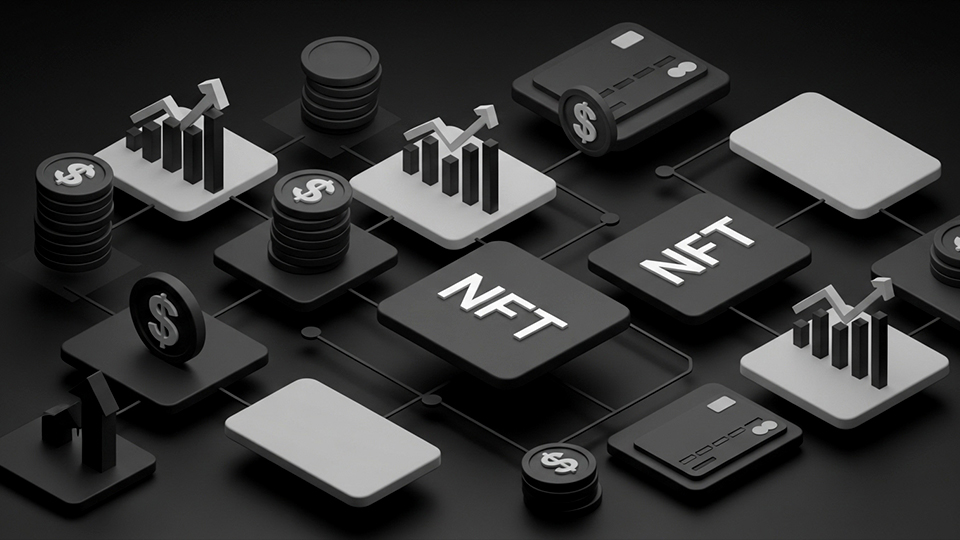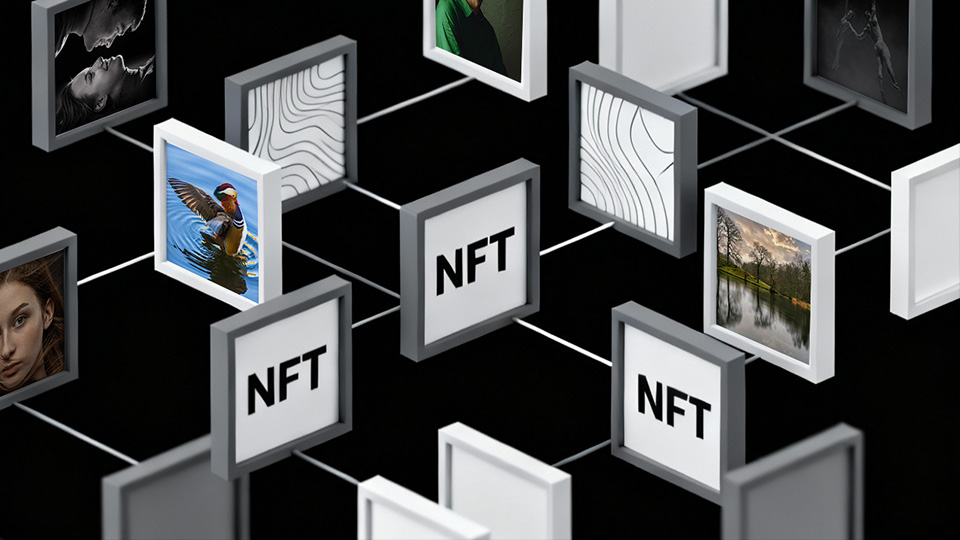How Crypto Wallets are Powering DeFi and NFT Growth
The launch of Ethereum in 2015 marked a turning point for the crypto world. With Ethereum’s support for smart contracts, developers could create decentralized applications (DApps) directly on the blockchain. This innovation paved the way for decentralized finance (DeFi), enabling users to access financial services like lending, borrowing, and trading without relying on banks or traditional middlemen.
The Rise of DeFi and the Need for New Wallets
Decentralized finance quickly gained traction with platforms like Aave, Compound, and MakerDAO offering decentralized lending and borrowing services. Shortly after, decentralized exchanges (DEXs) like Uniswap, SushiSwap, and Balancer emerged, allowing users to trade cryptocurrencies directly from their wallets without relying on centralized exchanges. Along with these innovations, insurance platforms also became available, providing coverage for risks such as smart contract failures and hacks.
All of these new tools and platforms created a demand for wallets that could seamlessly interact with the DeFi ecosystem and handle the complexity of decentralized transactions.

MetaMask: The Game Changer
One of the first wallets to rise to this challenge was MetaMask. Launched by ConsenSys in 2016, MetaMask offered a non-custodial wallet solution that was also compatible with NFTs. Its main innovation was a browser extension that allowed users to easily connect to DeFi platforms and DApps. MetaMask became a must-have for DeFi users, enabling them to lend, borrow, and trade directly from their browser.
Wallets for NFTs
As NFTs started to gain popularity, new types of wallets were needed to manage these digital assets. Enjin Wallet, launched in 2018, was one of the first wallets specifically designed for NFTs. It provided enhanced security, a user-friendly interface, and a built-in marketplace, making it easy for users to store and trade their digital collectibles and in-game assets.
Enhancing Wallet Security and Usability
As the DeFi and NFT space matured, so did the features offered by wallets. For example, the Argent wallet introduced a more user-friendly experience with features like social recovery (which allows users to recover access to their wallet through trusted contacts), daily transfer limits, and integration with multiple DeFi platforms. This eliminated the need for the traditional seed phrase and made it easier for users to manage their assets securely.
On the other hand, Gnosis Safe took a different approach, focusing on multisignature security. This meant that multiple parties had to approve a transaction before it could be executed, offering enhanced protection for users managing large amounts of assets. Gnosis Safe also allowed for customized transaction policies and supported integration with a variety of DApps.
The Future of Crypto Wallets
The integration of crypto wallets with both DeFi platforms and NFTs has expanded their functionality beyond simple storage. Wallets like MetaMask, Enjin, Argent, and Gnosis Safe now play a crucial role in managing and interacting with the decentralized world of finance and digital assets. As DeFi and NFTs continue to evolve, we can expect wallets to keep adapting, offering more robust features, better security, and increased usability to meet the demands of this growing space.




